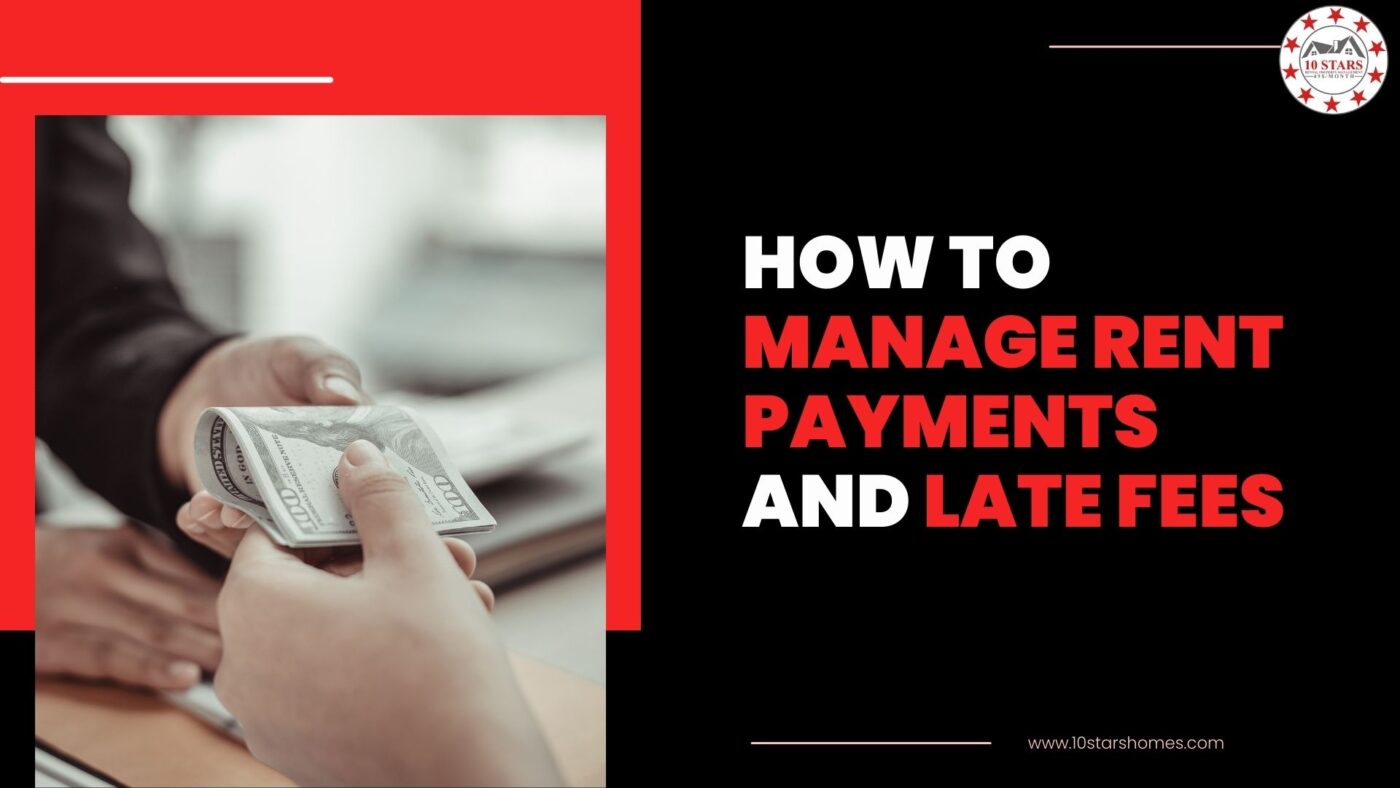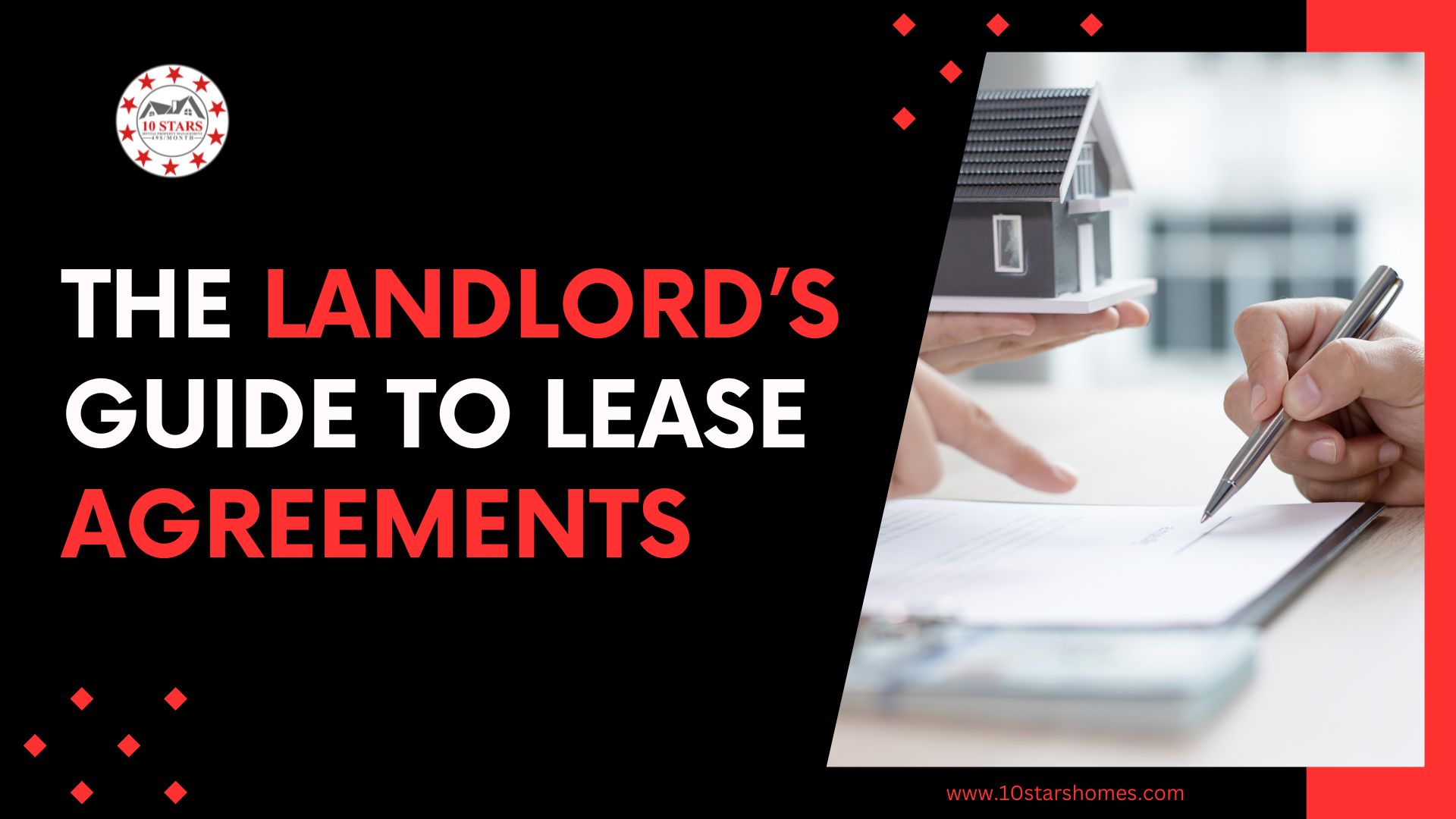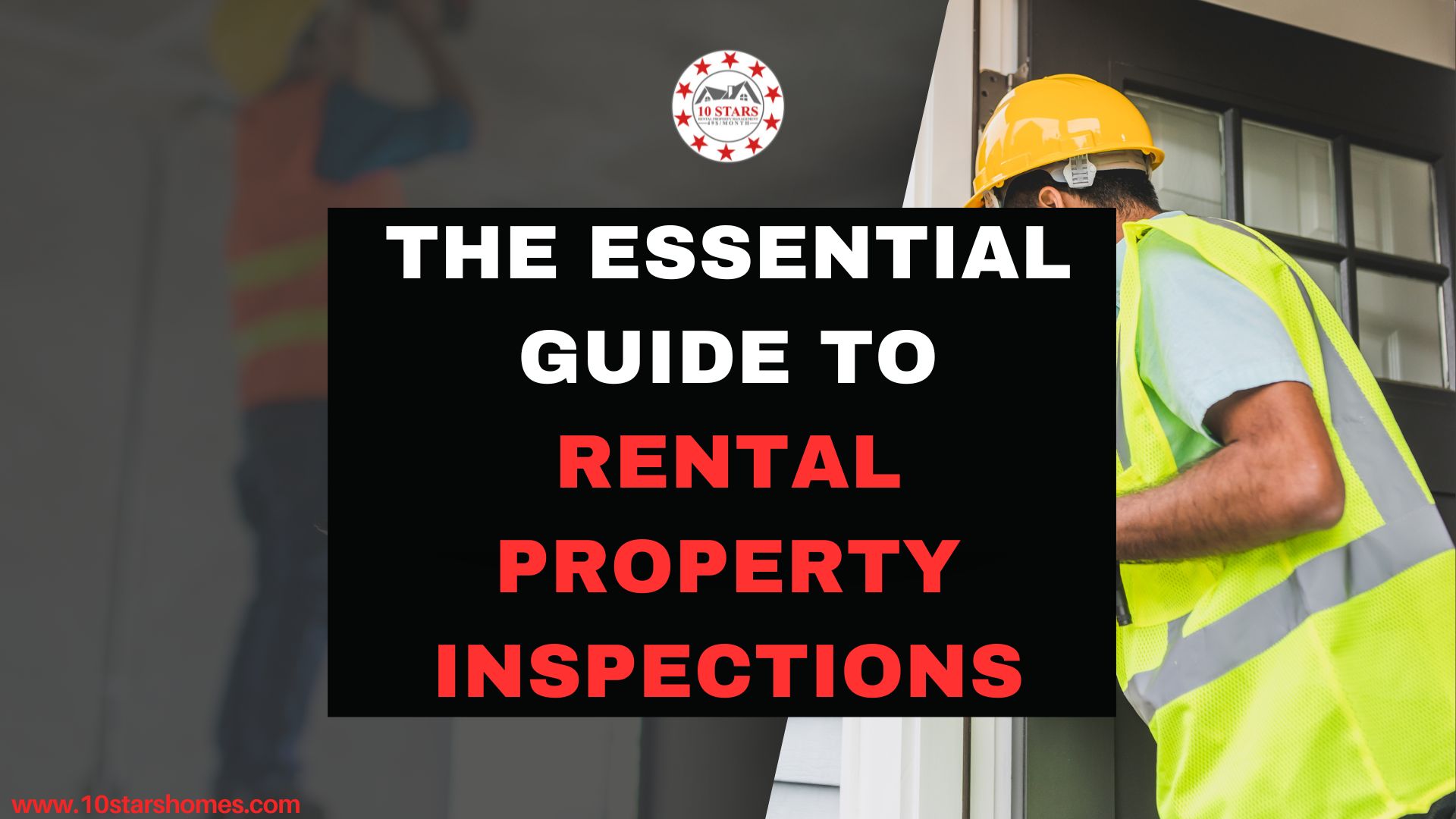Paying rent on time is crucial for maintaining a healthy landlord-tenant relationship and ensuring a stress-free living experience. However, unforeseen circumstances may arise, making it challenging to meet rent deadlines. Late payments often lead to additional fees, which can quickly accumulate. In this blog post, we will discuss effective strategies to manage rent payments and navigate late fees responsibly. By implementing these tips, you can maintain a good rapport with your landlord while keeping your finances in order.
Establish Clear Communication:
The foundation of successful rent management lies in open and honest communication with your landlord or property manager. From the outset, establish a clear line of communication to address any concerns or questions regarding your lease agreement, rental terms, or payment expectations. Discuss acceptable modes of payment, such as checks, online transfers, or automated rent collection systems. Regularly updating contact information is also vital to ensure seamless communication.
Create a Budget:
Developing a comprehensive budget is an essential step in managing rent payments. Start by assessing your income, including any additional sources, and deducting fixed expenses such as utilities, groceries, and transportation costs. Allocate a portion of your budget specifically for rent, ensuring you prioritize this expense. By tracking your spending habits and adhering to a budget, you can better manage your finances and avoid late rent payments.
Automate Rent Payments:
Opting for automated rent payments is an effective way to streamline the rent payment process. Many property management companies offer online portals or apps that allow tenants to set up automatic transfers on specified dates. Automating rent payments eliminates the risk of forgetting to pay and helps you avoid late fees. Ensure that you have sufficient funds in your account to cover the automated payment on the designated day.
Prioritize Rent Payments:
Rent should be a top priority in your financial obligations. If you find yourself struggling to meet all your expenses, focus on paying rent first. Consider adjusting other non-essential expenses like entertainment or dinner to free up more money for rent. By making rent payments a priority, you can avoid interest arrears and maintain a positive relationship with your landlord.
Discuss Late Fee Policies:
Take the time to familiarize yourself with your lease agreement’s late fee policies. Understand the grace period, late fee amounts, and any penalties associated with late payments. If you anticipate a potential delay in payment, promptly inform your landlord about the situation. In some cases, landlords may be open to negotiating a reduced late fee or a payment arrangement to accommodate unforeseen circumstances.
Establish an Emergency Fund:
Building an emergency fund can provide financial security and act as a safety net for unexpected situations. Set aside a portion of your income regularly to create an emergency fund specifically earmarked for rent payments. Having this buffer can help you avoid late fees during difficult times, such as a sudden loss of income or unexpected expenses.
Seek Financial Assistance:
Check the resources for financial assistance if your financial struggles are preventing you from being able to pay your rent. Rental assistance programs are frequently offered by local government agencies, nonprofits, and charities to help eligible people in times of need. To find out if you are eligible for assistance programs, do some research and get in touch with these groups.
Conclusion:
Managing rent payments and late fees requires proactive planning and open communication with your landlord. By establishing clear communication channels, creating a budget, automating rent payments, prioritizing rent in your financial obligations, understanding late fee policies, building an emergency fund, and seeking financial assistance when needed, you can effectively manage your rent payments and navigate any challenges that may arise.





